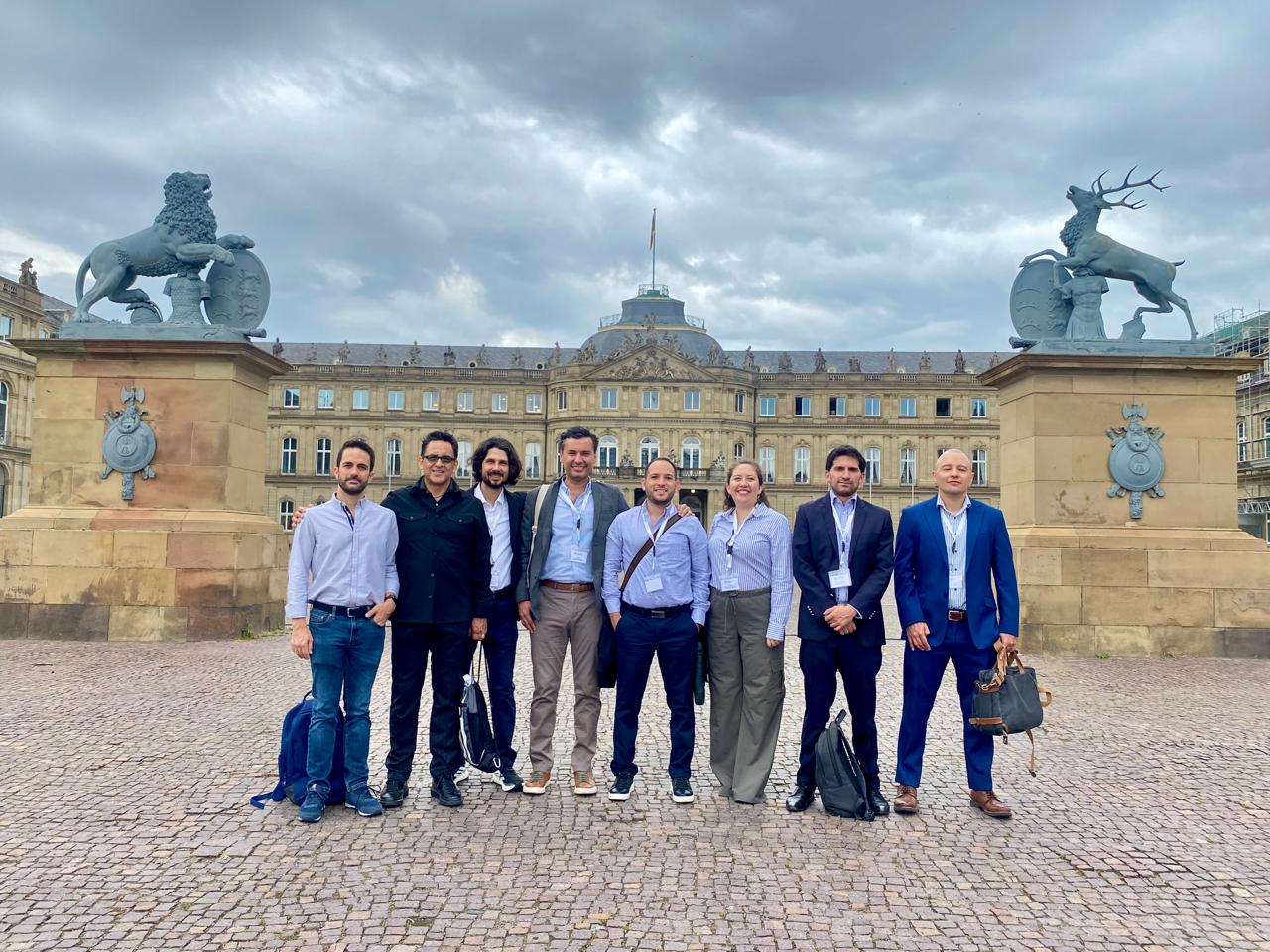Liberalism
Federalism: A Force for Innovation, Democracy, and Regional Power?

In a world grappling with polarization, rapid technological shifts, and rising demands on public institutions, federalism offers more than administrative order, it offers resilience, legitimacy, and opportunity. A recent visit to Baden-Württemberg, Germany’s innovation powerhouse, reaffirmed what history has long taught us: local autonomy can unlock national growth. Whether in Germany or across Latin America, this decentralized model of governance enables cities, states, and municipalities to become co-authors of progress. Yet as a Mexican, I found myself wondering: have we forgotten that the key to our development lies in how we organize ourselves as a federation?
The past week reminded me: Mexico is, in theory, a federal republic. So the real question is, how can we go from theory to practice and activate this federal structure to ignite creativity, strengthen democracy, and empower our regions?
Baden-Württemberg: An Innovation Mindset
Despite being home to only 13% of Germany’s population, Baden-Württemberg (BW) contributes a striking 15% of the national GDP. This strength comes not only from global players like Bosch and SAP, but from over 6,500 “hidden champions”—family-run SMEs deeply embedded in local and global value chains. Research institutions like Fraunhofer and universities like KIT (Karlsruhe Institute of Technology) or Tübingen University fuel breakthroughs in areas such as quantum computing, AI, mobility, and green tech.
Universities co-design training programs with industries, cities create “soft incentives” like business-friendly ecosystems, and municipalities collect profit taxes that reward successful local economies. Perhaps, Karlsruhe is the best example of applied innovation. The local government provided a stable rule of law, and legal frameworks that foster innovation. Nevertheless, the main actors are universities and IT clusters of applied research that can quickly integrate to more efficient products, services and value chains. This all merges into a startup-friendly landscape without the government needing to rely on tax breaks or subsidies.
Another hidden factor is a more decentralized bureaucracy. Companies interact with the bureaucracy mainly at the municipal and district level, rarely at the level of states, almost never at the federal level. A company with 150 employees in a rural area is obviously quite important for a rural municipality, and the local bureaucracy will tend to treat it well, i.e. resolve issues of registrations, permits etc. rather quickly, This decentralized approach to bureaucratic processes is something for Mexico to consider.
Mexico: A Federal System at a Crossroads
Mexico, like Germany, is a federal republic with constitutionally autonomous states and municipalities. Yet differences in fiscal structure, intergovernmental coordination, and political culture often create roadblocks rather than accelerators. Municipal leaders may belong to opposition parties, but still depend on state or federal actors for project funding.
Rather than unlocking regional talent by providing legal frameworks, the state often leans on subsidies to attract investment but the funds for education programs remain low. In some states with weak private sector presence, it is difficult for universities or even applied research centres to cooperate. What would it take for Mexican IT institutes, tech hubs, and public universities to work hand-in-hand with the private sector—like in BW—turning brainpower into breakthroughs?

Why Federalism Matters Now
In Germany, we discovered that like in Mexico, municipalities also bore the real costs of migration and integration, managing housing, healthcare, and education. Perhaps, federalism is an abstract concept, like freedom, that we rarely value, until it is completely lost. In both Germany and Mexico, we must ask ourselves, not how much power to centralize, but rather how much confidence we have in our cities and states to lead. Federalism anchors democracy, fosters accountability, and strengthens innovation where it happens: locally.
If Mexico wants to harness its full potential, the answer may not lie in more centralized planning or larger transfers, but in a fundamental shift. Creating non-partisan platforms for collaboration with the private sector, aiming for better legal frameworks, and designing strategies where universities and technology institutions can be the places where new talent can test their ideas and create “Mexican hidden champions”.
